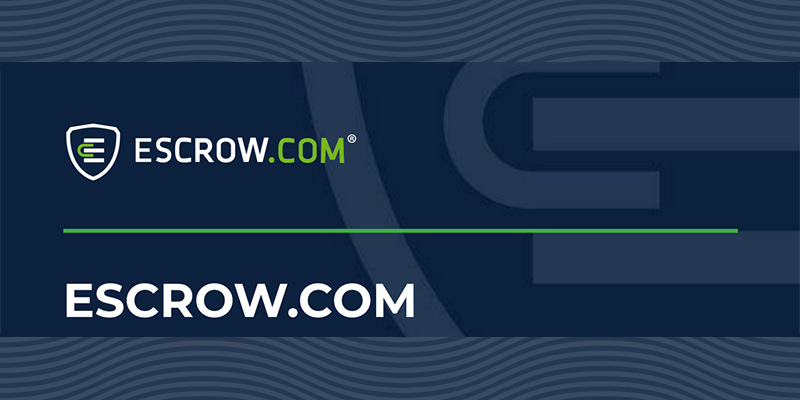In September, Escrow.com, the leading provider of secure online payments, and technology consulting firm & brokerage Brander Group Inc. announced the completion of a $50 million (USD) IPv4 address sale.
The major eight-figure IPv4 deal involved the sale of blocks of rare & critical IP addresses to a multinational cloud services provider.
We reached out to Escrow.com to learn more about the transaction and tap into the operational process that Escrow.com utilizes in transacting such technology assets, along with a comparison to domain names.

Sofía Canala, Operations Manager at Escrow.com, stepped in and answered these questions; with thanks to Marko Zitko, Communications Manager at Escrow.com.
Copyright © 2025 DomainGang.com · All Rights Reserved.How does Escrow.com ensure security and transparency in large-scale transactions, such as the $50 million IPv4 sale, given the growing value and scarcity of IPv4 addresses?
Sofía Canala | Escrow.com: Escrow.com is a trusted leader in facilitating IPv4 transactions, leveraging years of expertise securing high-value transactions. We meticulously oversee each transaction’s every aspect, ensuring highest levels of trust, security, and transparency for transactions between buyers and sellers. For large-scale transactions our teams work closely with all stakeholders, ensuring clear communication, timely updates, and seamless coordination throughout the process.
The transfer and verification of IPv4 addresses fits really well with our escrow model, and we have tailored our terms and conditions specifically for IP-related transactions. Our escrow solution is tailored to protect participants from non-payment, non-delivery, and potential payment recalls—concerns especially relevant under the policies governing IPv4 block transfers, and given the value and scarcity of IPv4 assets. As a neutral third party, we safeguard both buyer and seller interests by verifying ownership details at critical stages and facilitating a secure exchange of funds only once all agreed terms are met. This rigorous approach allows us to deliver smooth and reliable transactions, even in high-stakes environments.
What specific challenges does Escrow.com encounter when facilitating transactions of IPv4 addresses, compared to more traditional transactions of domain names?
Sofía Canala | Escrow.com: Each industry presents its own unique challenges, and the transfer of IPv4 addresses is no exception. Unlike domains, IPv4 addresses are public assets managed in blocks by Regional Internet Registries (RIRs), which enforces a rigorous and standardised transfer process. This governance framework can lengthen transaction timelines, especially when extensive documentation and administrative approvals are required This means IPv4 transactions are easier to manage than domain names as they’re less risky and are public assets with stricter transfer processes.
While the fundamental escrow process remains similar, the nuances of IPv4 transactions—like block size considerations and registry transfers—demand specialised expertise. Even after initiation, transfers may be subject to RIR rejections or cancellations based on compliance checks. To ensure buyer security, Escrow.com has a protocol in place to guarantee refunds in cases of non-delivery, safeguarding buyers in the event of a failed transfer. We also work closely with industry stakeholders to navigate these complexities, ensuring compliance and smooth execution at every stage.
How does Escrow.com work with regulatory bodies or industry standards to ensure that transactions involving IPv4 addresses remain compliant across various regions?
Sofía Canala | Escrow.com: Escrow.com actively monitors changes in the regulatory landscape and maintains close partnerships with key players and governing bodies within the industry. Aligning with regional policies and standards established by organisations like Regional Internet Registries (RIRs) are of utmost importance to ensure that every transaction complies with relevant regulations. We also hold valuable partnerships with transfer facilitators who assist buyers and sellers through the transfer process. Ultimately, we make sure to coordinate and have an open line of communication with all parties at all times.
Reviewing critical transaction information, the implementation of rigorous KYC protocols for all participants and the careful verification of ownership details are key to reinforce a secure environment for IPv4 transactions. Our focus is on fostering stability, fairness, and trust, creating an environment where participants can confidently conduct business. Our goal is to be a trusted platform that not only understands the complexities of the industry but also helps partners navigate them to conduct transactions smoothly and safely.










